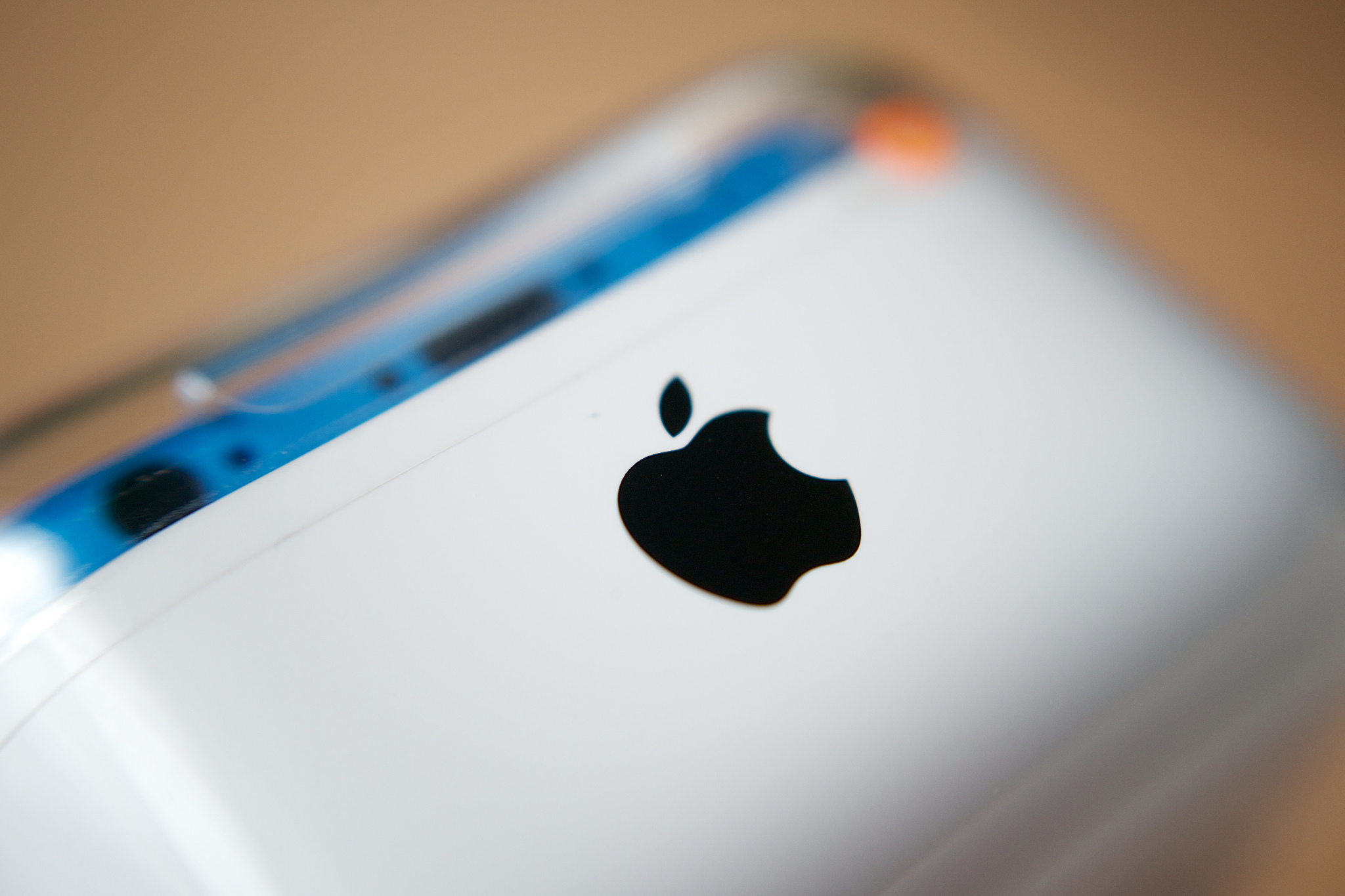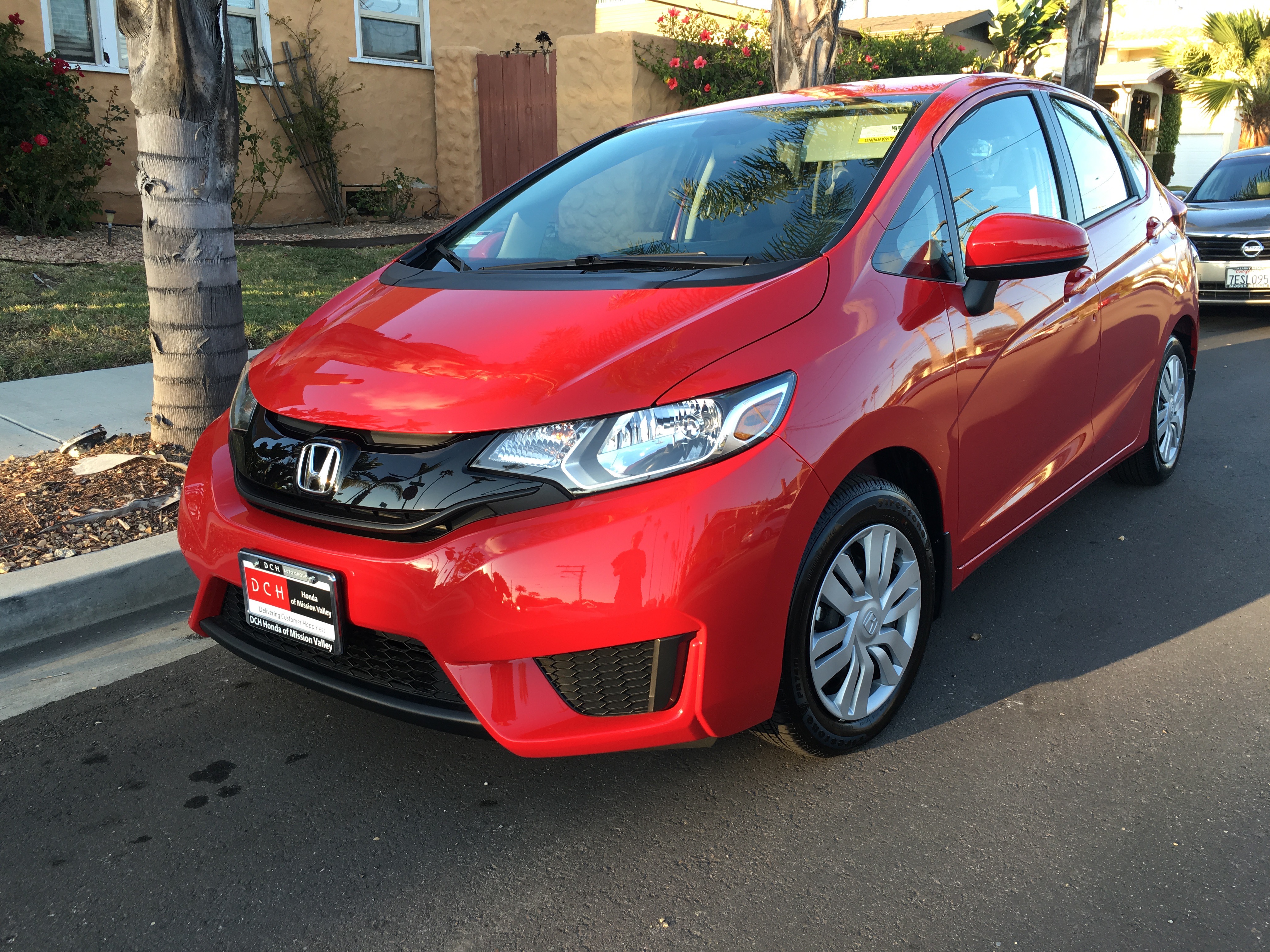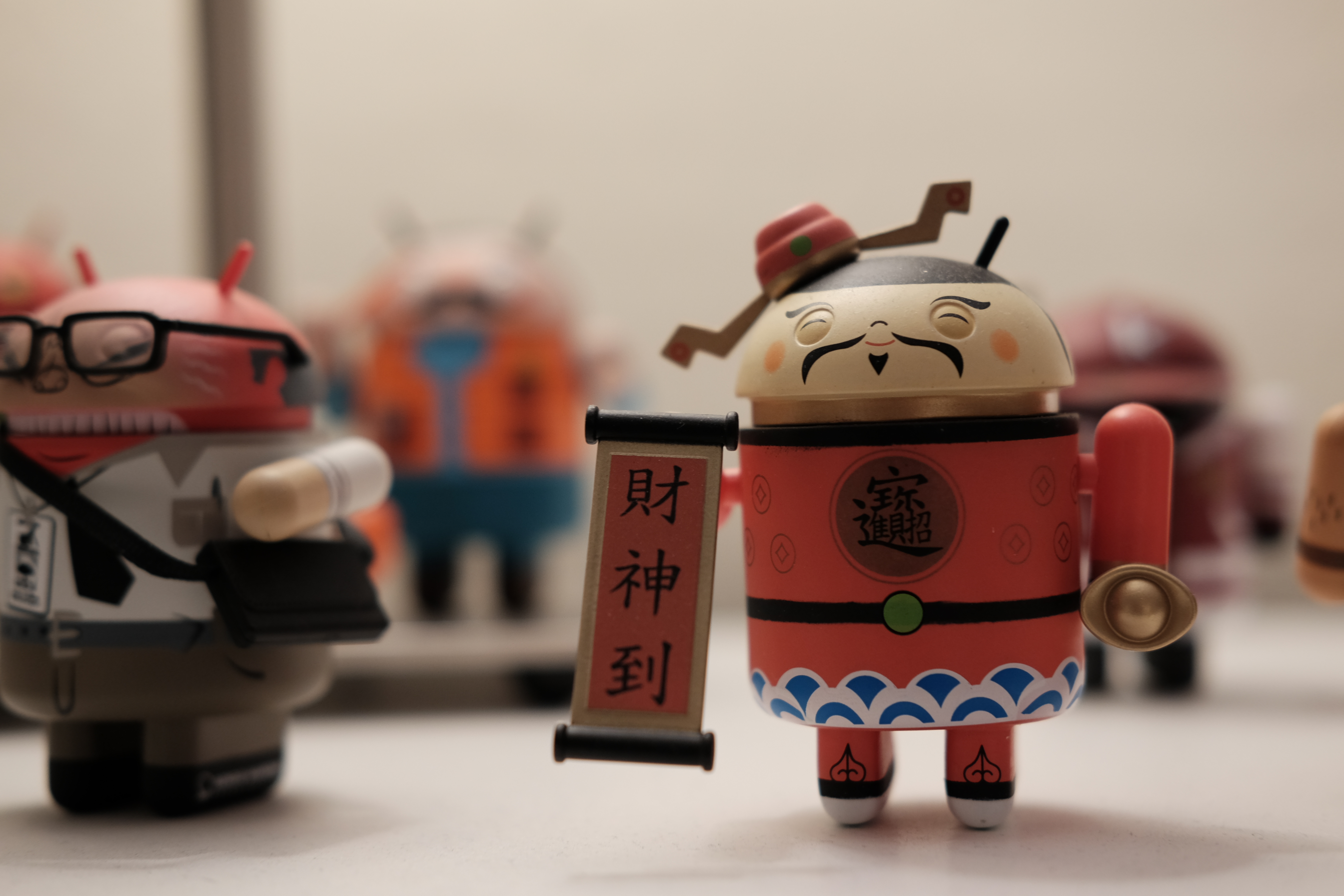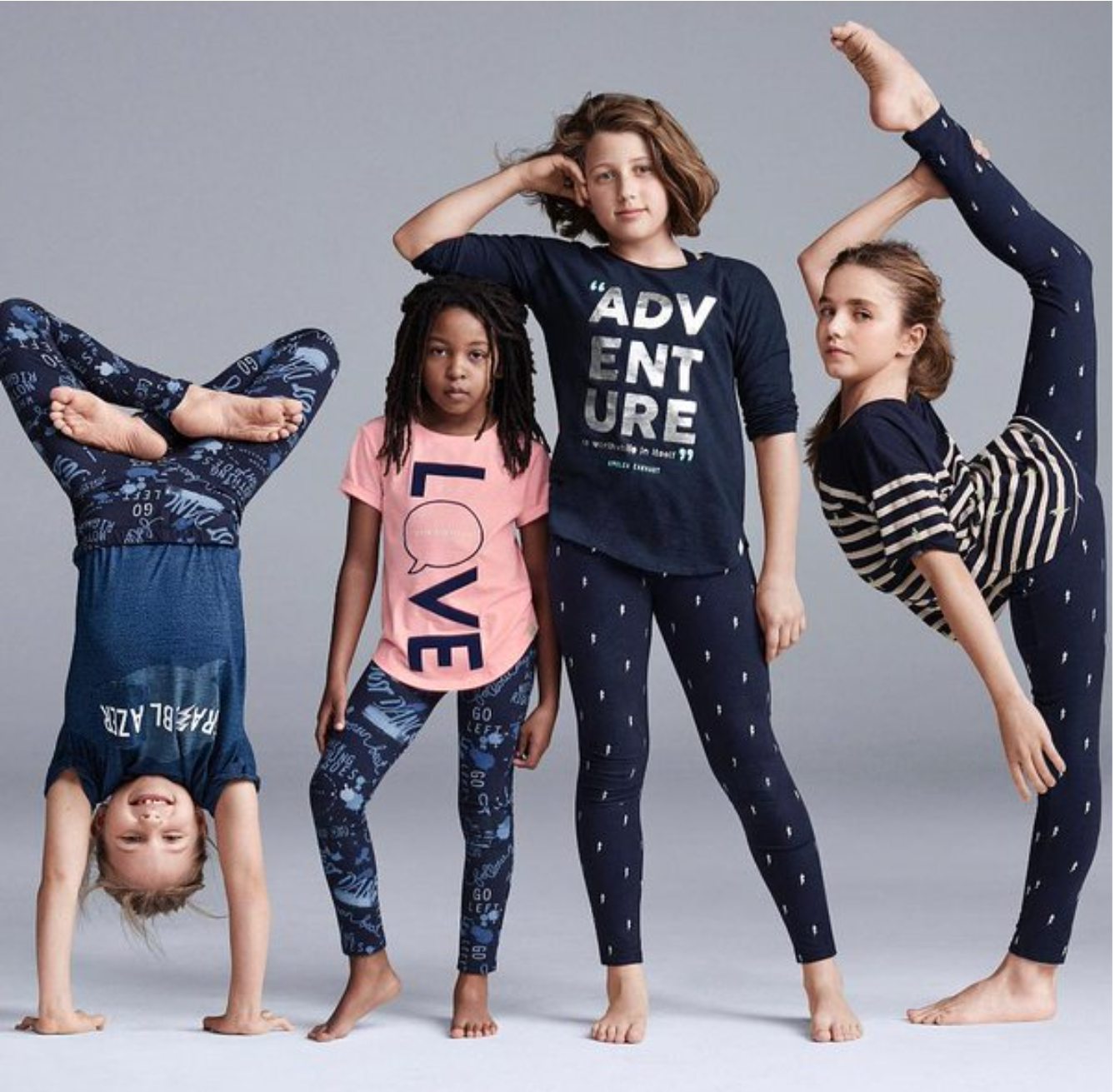A report available today from Pew Research Center finds that 62 percent of American adults “get news on social media, and 18 percent do so often”. Those statistics should frighten new and old media, but more so critics like billionaire Peter Thiel, who bankrolled wrestler Hulk Hogan’s lawsuit against Gawker; the blog and news site lost. Depending on the outcome of a court hearing, Gawker could be shuttered or sold, if forced to put $50 million in escrow during the appeals process. The amount exceeds yearly advertising revenues.
Thiel admittedly put up about $10 million, if not more, to support Hogan’s lawsuit and unnamed others. Destroying Gawker might seem like an enviable outcome for one of Silicon Valley’s tech elite—he is a PayPal cofounder and early Facebook investor—but, as they say, nature abhors a vacuum, which replacement isn’t waiting around. Social media increasingly fills the niche that Gawker vacates.











